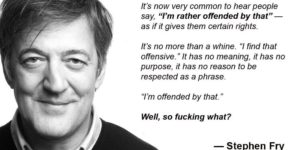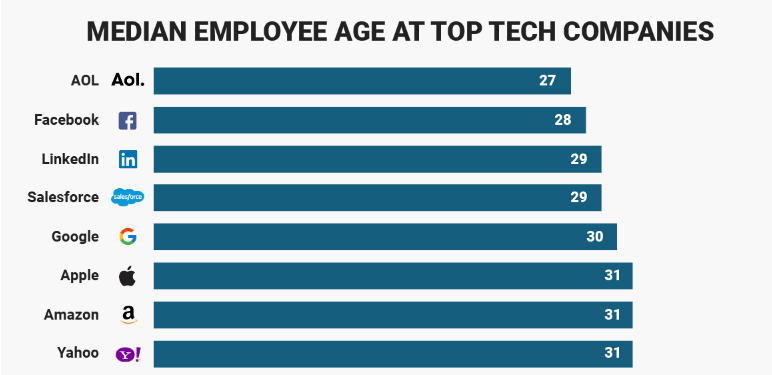I was on a webinar recently and the speaker kept adding “she” and “he”every time they tried to say something like, “‘he’ would have to fill out that form” and then quickly go “or ‘she’ I know we have to be correct in HR”. In my mind, I was like okay, I get it, the word we use matter.
When I write, I frequently purposely change gender to try and be more gender-inclusive in my writing, knowing I’ll always by habit write from a more male dominant voice.
If we go back to the webinar example above, I’m sure you’ve seen and heard the same, but what really stuck with me, probably because he kept doing this so often, was me waiting for a comment to come across in the question box saying something like “well, you know there are more gender identities than male and female!”
Yep. There are. But, is this really the place to point this out. Clearly, the dude speaking was having a hard with just two and making sure we knew he cared equally about ‘both’ genders.
Years ago Salon had a great article about comedians struggling with how ‘politically correct’ the audiences were becoming. Here’s a quote from Jim Norton:
“Western culture has become a “tireless brigade of social-justice warriors” and that “Being outraged and upset and feeling bullied or offended are not only things we enjoy, they’re also things we have become thoroughly addicted to. When we can’t purposefully get our feelings hurt by a comedian, we usually find another, albeit less satisfying, source of indignation… I choose to believe that we are addicted to the rush of being offended, the idea of it, rather than believing we have become a nation of emasculated children whose only defense against an abyss of emotional agony is a trigger warning.”
We live in an offensive world, especially right now.
Every day media blasts every offensive phrase uttered by politicians, professional athletes, celebrities, etc. We see our employees and leaders say and write offensive things that in another time would probably have been ignored, but now we have platforms to call out the offense.
I think we hope that in our rush to be offended we will stop the offensive behavior, or at the very least get one person to stop their offensive behavior. We hope that by doing this we’ll ‘raise’ the level of conversation around these issues.
My fear is that we aren’t raising the level of conversation, but shutting it down. In our rush to be offended, we aren’t seeking first to understand, we are first attacking and who cares about what happens after that. I think we need to be careful with our employees and our workplace cultures to correct inappropriate behavior every single time it happens and do it in a way that is lasting for the person who does the offending.
We live in a world of gray. Not black and white. While one employee might be offended, the co-worker standing right next to them might not be at all. Both are wrong, and both are right. Either one attacking the other is never a solution that is sustainable for a positive and inclusive workplace culture.
Welcome to the show kids! This is one of the most difficult issues you’ll deal with in HR. Supporting one employee who is offended, when you know the majority would not be offended. If I had the perfect answer on how to handle this I would share, but I don’t, because each and every one of these situations is unique.



